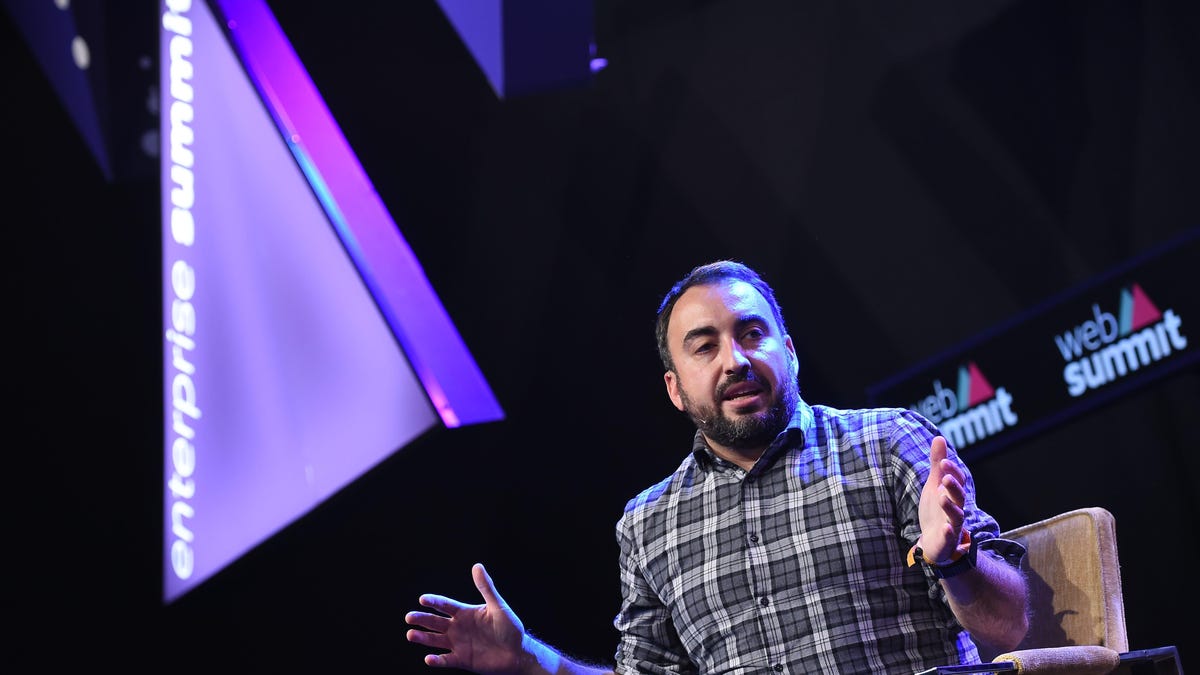Former Facebook security chief warns 'it's too late to protect 2018 elections'
But Alex Stamos has a remedy to save the 2020 election.

Alex Stamos, the former security chief at Facebook, says the US "risks allowing its elections to become the World Cup of information warfare."
Former Facebook security chief Alex Stamos has issued a sobering warning about the continuing threat of foreign interference in US elections, saying it's "too late to protect the 2018 elections." But he believes the 2020 election can still be saved.
Stamos, who departed Facebook for Stanford University earlier this month, is well acquainted with the subject, having played a central role in Facebook's response to interference by Russian trolls in the 2016 US presidential election that took place on the social media giant. In a blog post published Wednesday on Lawfare, Stamos seizes on two pieces of news he says proves that "America's adversaries believe that it is still both safe and effective to attack U.S. democracy using American technologies and the freedoms we cherish."
On Monday, Microsoft revealed it recently discovered and disabled several fake websites designed to trick visitors and allow a hacking group connected to the Russian government to hack into their computers. A day later, Facebook said it had removed hundreds of "inauthentic" pages, groups and accounts that were part of separate influence campaigns coming from Iran and Russia.
Stamos argues that the US government fails to understand that a multi-year effort by Russian agents harnessed American technology, media and the country's culture of discourse to sow political discontent.
"In some ways, the United States has broadcast to the world that it doesn't take these issues seriously and that any perpetrators of information warfare against the West will get, at most, a slap on the wrist," Stamos wrote. "While this failure has left the U.S. unprepared to protect the 2018 elections, there is still a chance to defend American democracy in 2020."
Stamos' remedy to protect the 2020 US election from potential threats includes Congress amending the Honest Ads Act bill to set technical standards for advertising archives and to set guidelines for the use of voter databases by campaigns and political parties.
He also urged the US to partner with its allies on creation of a cybersecurity agency to coordinate election protection. He also suggested states create election security teams to protect local voting systems from hacking threats.
"With the right political will and cooperation, the United States can demonstrate that 2016 was an aberration and that the U.S. political sphere will not become the venue of choice for the latest innovations in global information warfare," Stamos writes.
Cambridge Analytica: Everything you need to know about Facebook's data mining scandal.
iHate: CNET looks at how intolerance is taking over the internet.

